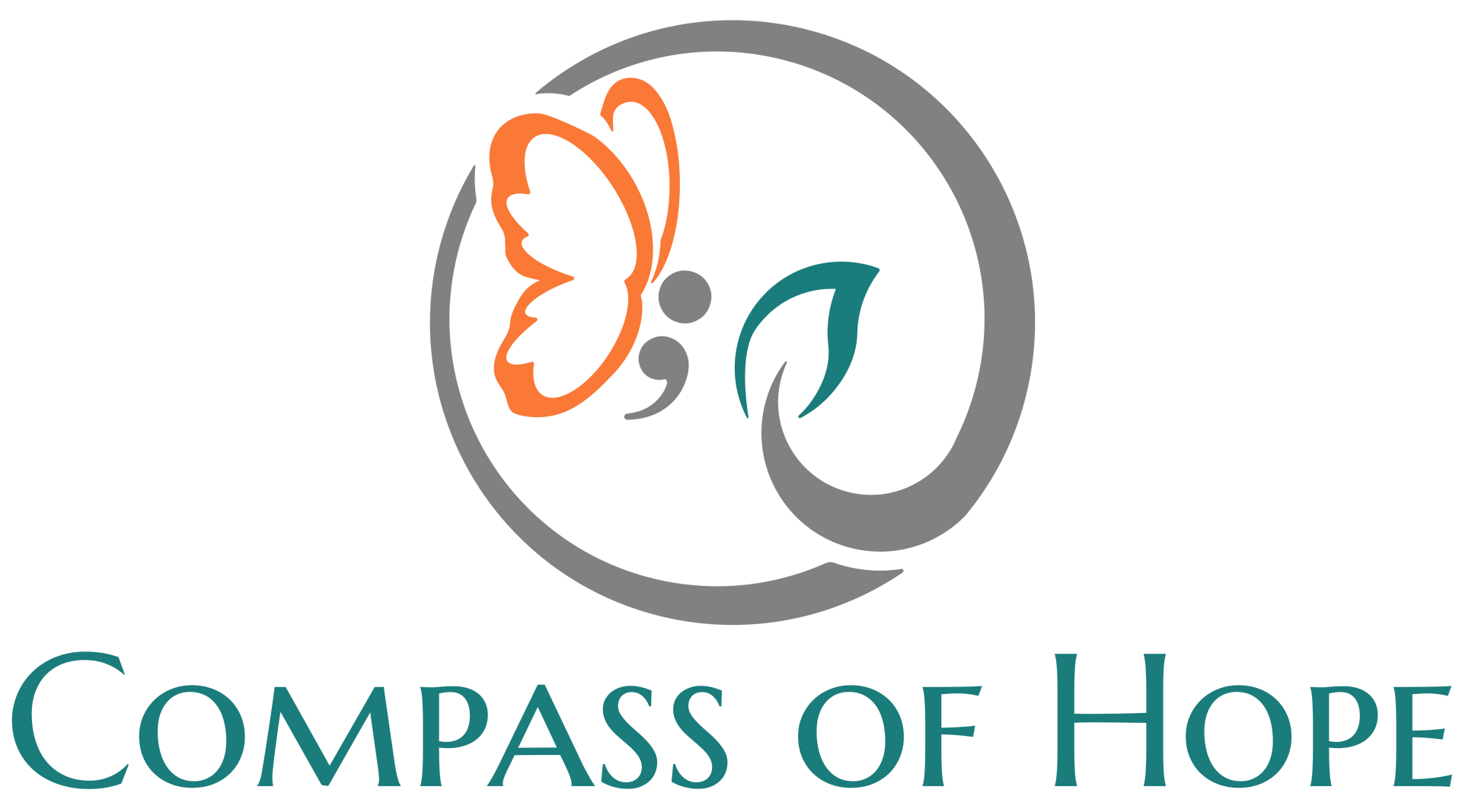How EMDR Therapy Can Transform the Healing Process for Trauma Survivors
Introduction
In the quest for effective mental health treatment, Eye Movement Desensitization and Reprocessing (EMDR) has emerged as a groundbreaking approach, particularly for individuals grappling with the effects of trauma. This comprehensive guide is designed to enlighten those considering EMDR therapy as a pathway to healing.
What is EMDR?
EMDR is a psychotherapy technique originally developed by Francine Shapiro in the late 1980s. It's designed to alleviate the distress associated with traumatic memories. Unlike traditional talk therapy, EMDR focuses on the emotional and psychological symptoms triggered by traumatic experiences.
The Science Behind EMDR
EMDR therapy is based on the Adaptive Information Processing model. This model posits that trauma can disrupt the brain's natural information processing system, leaving the traumatic memory unprocessed and causing ongoing distress. EMDR aims to kickstart and facilitate the brain's natural healing process.
Who Can Benefit from EMDR?
EMDR has proven effective for individuals with various trauma-related issues, including PTSD, anxiety, depression, and specific phobias. It's also helpful for those struggling with the emotional aftermath of personal loss, violence, or abuse.
The EMDR Process: A Step-by-Step Guide
- History and Treatment Planning: The therapist assesses the client's history and develops a treatment plan.
- Preparation: The therapist introduces the client to the EMDR process and establishes trust.
- Assessment: The specific traumatic memory to be targeted is identified, along with associated beliefs and physical sensations.
- Desensitization: The therapist guides the client through sets of bilateral stimulation (typically eye movements), targeting the traumatic memory.
- Installation: The goal is to strengthen positive beliefs.
- Body Scan: Checking the body for any residual tension.
- Closure: Returning the client to equilibrium at the end of each session.
- Reevaluation: Reviewing the progress made.
Who Can Administer EMDR?
EMDR should be conducted by a trained and licensed mental health professional who has undergone specific training in EMDR therapy.
Effectiveness and Success Rates
Studies have shown that EMDR can be an effective treatment for trauma, with many patients experiencing substantial relief from their symptoms. The success rate varies, but research suggests that it can be highly effective, especially for PTSD.
Supporting Research and Success Stories
Numerous studies and personal narratives affirm the effectiveness of EMDR. For instance, a study by the EMDR Institute found significant improvements in trauma symptoms following EMDR therapy.
How to Support Loved Ones Undergoing EMDR
Supporting someone undergoing EMDR involves understanding the process, being patient, and offering emotional support. It’s crucial to respect their healing journey and provide a safe space for them to share their experiences.
Choosing the Right EMDR Therapist
Finding the right therapist is crucial. Compass of Hope offers EMDR treatments, provided by dedicated professionals, licensed specifically in EMDR. Referrals from healthcare providers or trusted online directories can be a good starting point, if you are unsure of where to find a licensed professional in your area.
Conclusion
EMDR represents a beacon of hope for many who have been shadowed by the aftermath of traumatic experiences. It offers a unique, scientifically-backed approach to mental health treatment, emphasizing the brain's innate capacity to heal from trauma.










